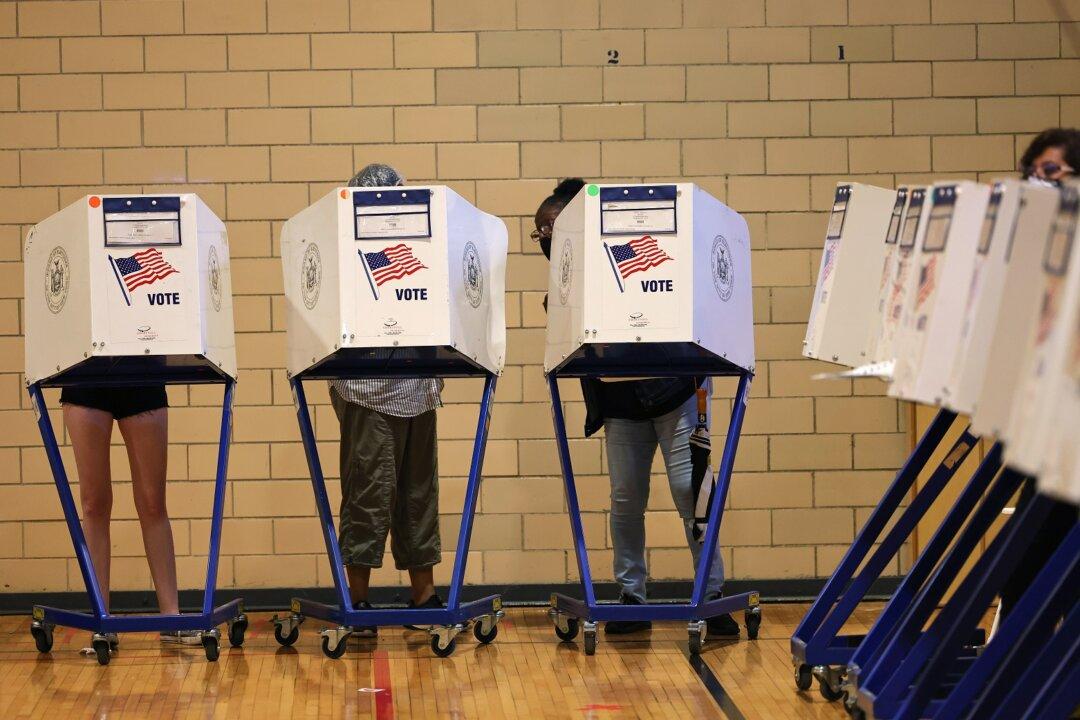Commentary
This column is not about relitigating the 2020 election. President Joe Biden is the duly certified U.S. president. Period. Now, let’s talk about the mess in which we find our election system. Let’s talk about voter fraud.

This column is not about relitigating the 2020 election. President Joe Biden is the duly certified U.S. president. Period. Now, let’s talk about the mess in which we find our election system. Let’s talk about voter fraud.